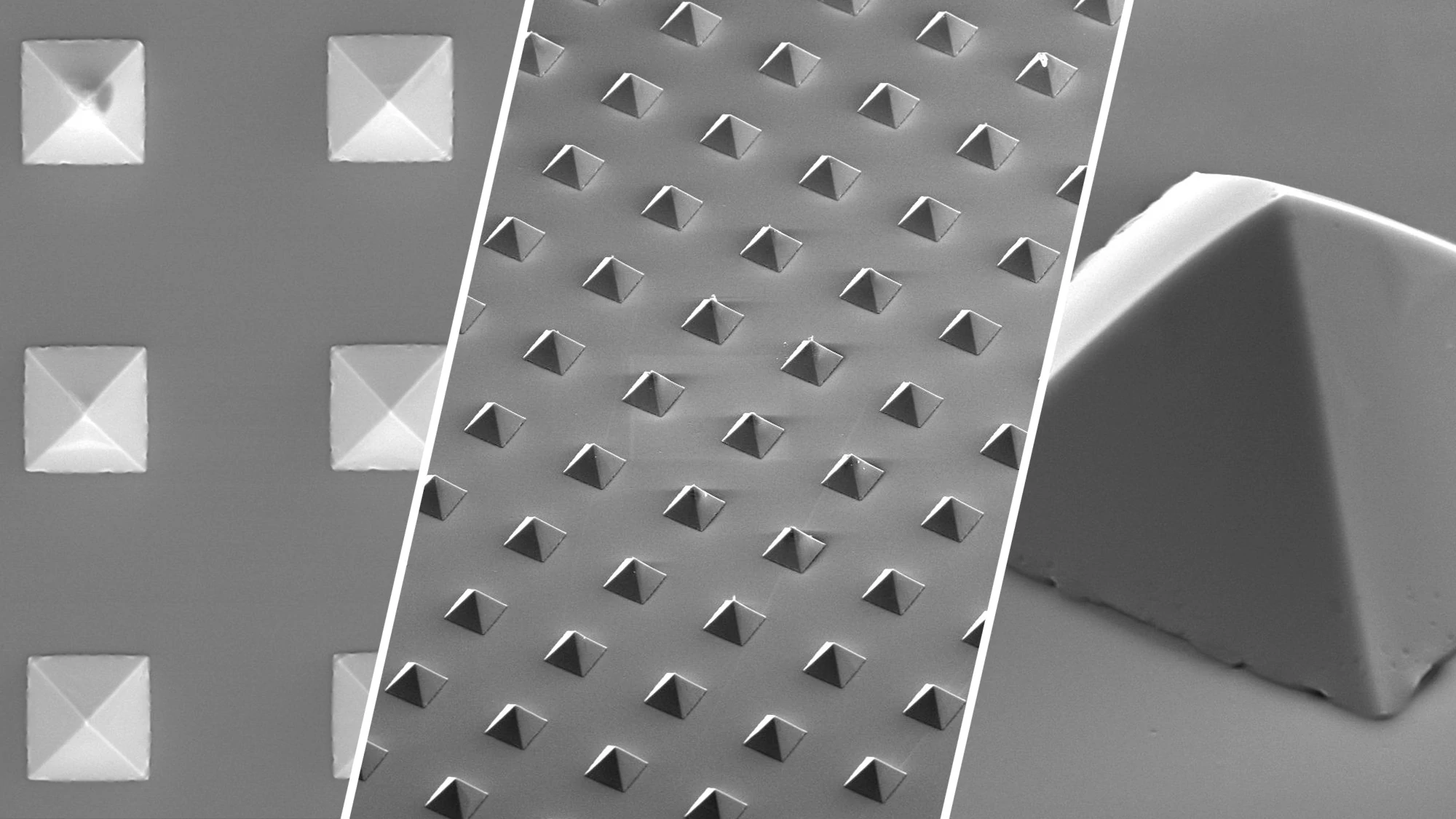The Center for the Mechanical Control of Chemistry has received a $20 million grant from the Centers for Chemical Innovation program at the National Science Foundation, according to a release from the NSF. The grant will support the expansion of the CMCC to 11 partner institutions, including Vanderbilt University. Tim Hanusa, professor of chemistry, is a co-principal investigator on the project and will be leading Vanderbilt’s research at the center.

Led by Texas A&M University, the CMCC is a research and training environment that brings together chemists, physicists and engineers to seek atomic-level understanding of mechanochemistry—the use of mechanical force to produce chemical reactions and substances, or “crushing” chemistry.
“This research aims to provide insights into how chemical reactions occur in a mechanochemical fashion—through grinding or milling or, more generally, through applying pressure—especially when solvents are not present,” Hanusa said. “Such reactions have been known for millennia, as in rubbing sticks to make fire, but how they work on the atomic or molecular level is still poorly understood.”
Hanusa is especially interested in studying how the structure of a solid affects the outcome of a solventless reaction. “Our group has been involved in mechanochemical synthesis for about a decade,” he said. “However, the number of other workers in the field, although growing, is still relatively small and spread worldwide. The new center funding will help support collaborations between our group and investigators at other universities in the U.S. and abroad, particularly those with specialized measuring equipment.”
The grant will also provide the CMCC with tools capable of investigating the effects of mechanical force at the atomic level—atomic force microscopes, electron microscopes, high-pressure diamond anvils and others. It will also allow the CMCC to train and mentor postdoctoral researchers, undergraduate and graduate students and to conduct educational outreach activities with K-12 schools.
For more information, visit the Center for the Mechanical Control of Chemistry website.
